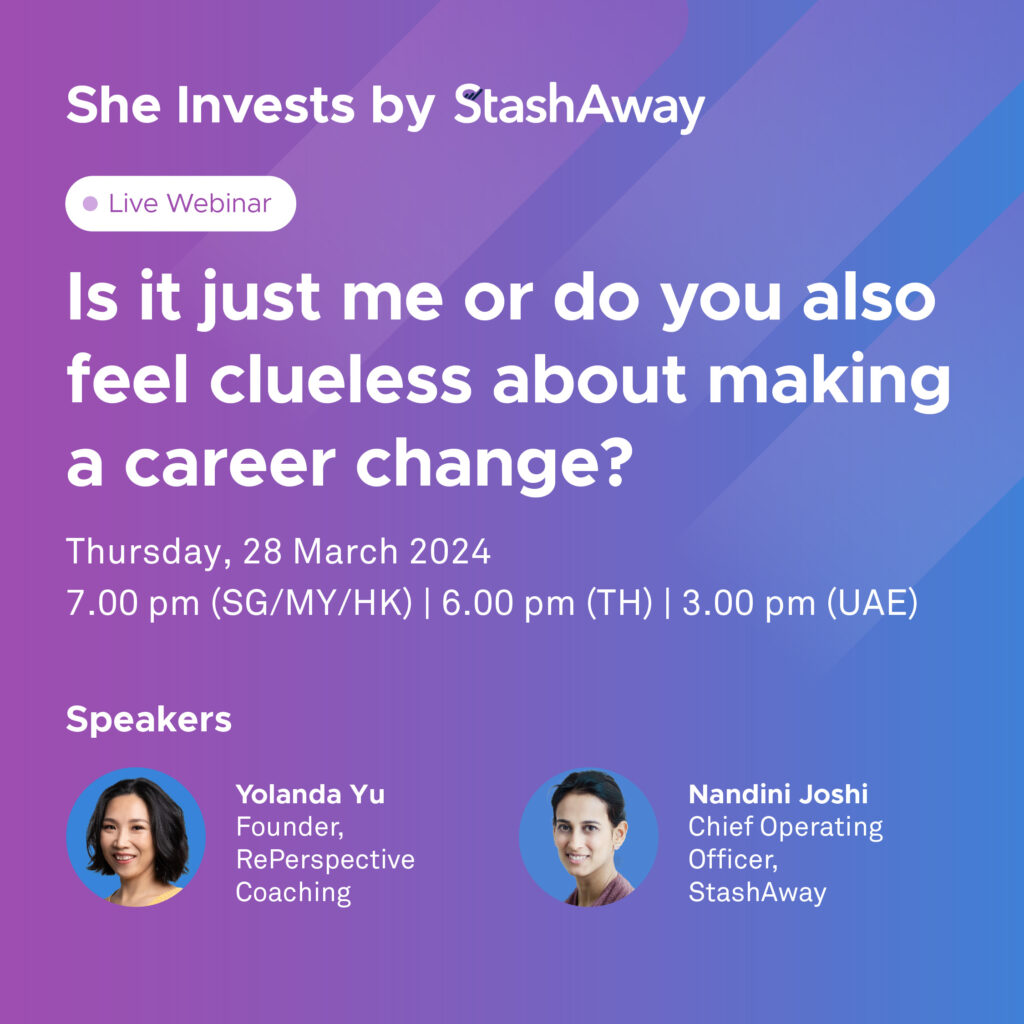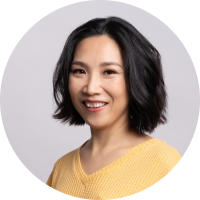This ONE Idea
“Our potential may be unlimited. Our capacity, at any point in time, is not. The grim fact is that we can never fulfill all of our potential.”
And if you believe in fulfilling your potential, what can you take away from This ONE idea? Below are how I connect my dots.


I. The Capacity of Assertiveness
What is assertiveness? People tend to associate assertiveness with how vocal and confident a person is. But these are merely byproducts and outcomes.
“Assertiveness is an attitude with a core belief: “I matter.” I matter, therefore my interests matter, and my opinions matter, even if I may not be perfectly right.”
To exercise assertiveness is to honour this belief and to implement actions with this attitude consistently in all aspects of life. Being assertive is about bringing your voice and value to the table. It’s about helping your ideas realize their potential.
Practical tips on increasing our capacity to be assertive:
- Know your truth. I often hear people say, “But I don’t have an opinion, so how can I bring one to the table?” But your truth include everything that matters to you: your interests, your preferences, your thoughts, and your feelings. Only when you connect with your truth, can you truly embrace your voice and own your space.
- Stop seeking permission. For most clients I work with on this topic, other people’s permission has been granted. They were given a role, a mandate, or even an expectation to be assertive. No one can give us that permission except for ourselves.
- Let go of the need to be right. If we stop judging things in black and white lenses, then nothing is right, and nothing is perfect. Remember? You are entitled to your needs and opinions because you matter.
- Embrace your light, not shadow. Connect with “this is what I believe” rather than toying with “am I right?” Connect with “this is what I know very clearly” rather than focusing on “I don’t know it all.”
- Detach yourself from your view. If your view is rejected, it does not mean you are rejected as a person. Join the others to look at all the ideas together with curiosity. It is just an idea. You can have many other ideas.
- Notice your relationship with authority. There might be a need to redefine that relationship when you defer too much space to the authority. How can you craft out your space in this relationship?
- Embracing conflict. True, your interests will not align with other people’s interests all the time. But remember they are entitled to bring their voices to the table, too. All voices need to be heard precisely because they are not homogeneous.
Lastly, being assertive is being proactive. It’s about being more in control in life. Make things happen, don’t let things happen to you.
“Carry the weight of your contradictions… Embody them… We don’t have to resolve them in clean and tidy ways.” – Bono, Singer, U2 band
II. The Potential of Difficult Conversations
” We are hardwired for connection, and connecting requires courage, vulnerability, and conversation… Positive aspects allow us to see more. They inform us of the potential. We need this positive aspect to be in a relationship with ourselves and others in a creative way, not a reactive way. It is a natural ally for difficult conversations.” – Brene Brown
We humans have a negative bias. This is why we tend to focus on the “difficult” aspect than the potential of difficult conversations. When we can see and acknowledge more in the other person and the relationship, more potential can be unlocked.
Say, do you see a salary negotiation talk as a difficult one? How about seeing its potential to unlock more mutual understanding?
III. At career crossroads *potential/capacity
How to invest in potential?
Potential is like a seed. Capacity is that pot we have. Too often we crave more of the potential and resent the small capacity we currently have.
Accept that the pot is all we have at the moment, rather than resent its imperfection. This is the first step of a growth mindset: to walk from where we currently are, not from where we want to be.
Work with the pot, give the plant your due care: water, sunlight, and soil. Find an opportunity to swap the pot for a bigger one where your budget and home space allows.
Which potential?
Joan Miró is a celebrated artist for his surrealistic masterpieces. Despite demonstrating talent in music from a young age, Miró decided to focus on painting. Does this mean he sacrificed his potential as a musician in doing so? For obvious reasons, yes. He would have achieved more in music had he chosen to invest more energy in it.
Perhaps we can connect the dots this way: each option has a potential. To make a choice is to invest in one potential and to forfeit the rest. But we could also connect it differently. Miró prioritized painting over music as a career, but as you probably know, his artworks are famously abstract and often inspired by music.

Miró’s scenario has a similar inconsolable polarity we face at career crossroads. Many tech leaders find themselves with limited capacity to continue being technical experts while responding to their management work.
In my personal experience, I love writing, arts, and theatre, beyond the work of developing human potential. My capacity does not allow me to be a full-time writer, painter, actress, a professional coach, while being mom of a 5 year old. But it does not mean I cannot keep all my essence in my life and let them compound each other. That potential is a coach who writes, a poet who coaches, and a painter who acts. After all, that is who I am.
Nobody can stop me from becoming who I am. Except myself.
Question For You
How are your current capacity and potential helping or against each other? What can you do with them?
Yolanda Yu
Coach and lifelong learner
p.s. I am speaking at the following webinar,…
Fireside Chat with Nandini Joshi, COO, StashAway


